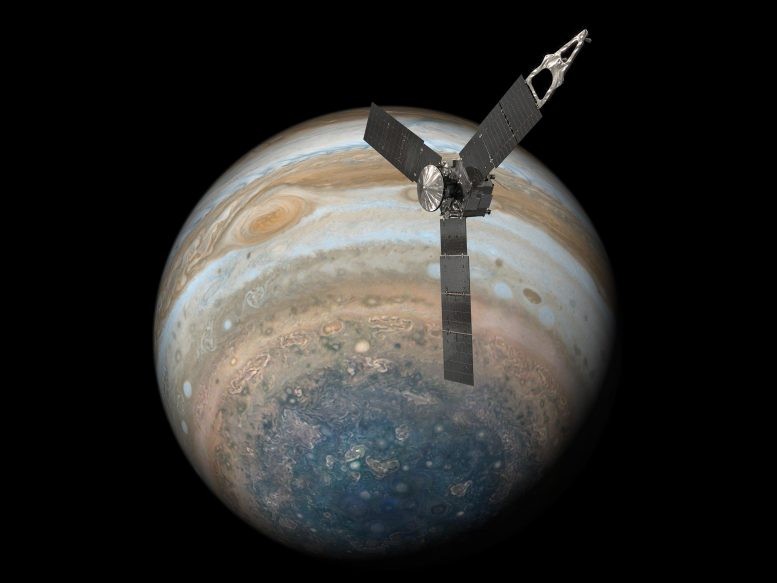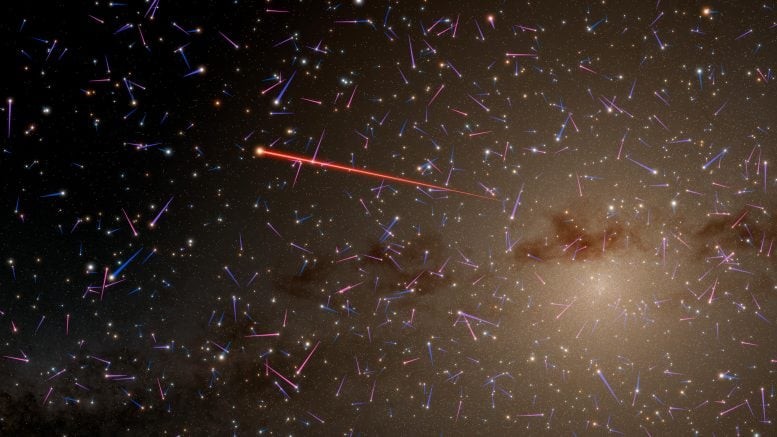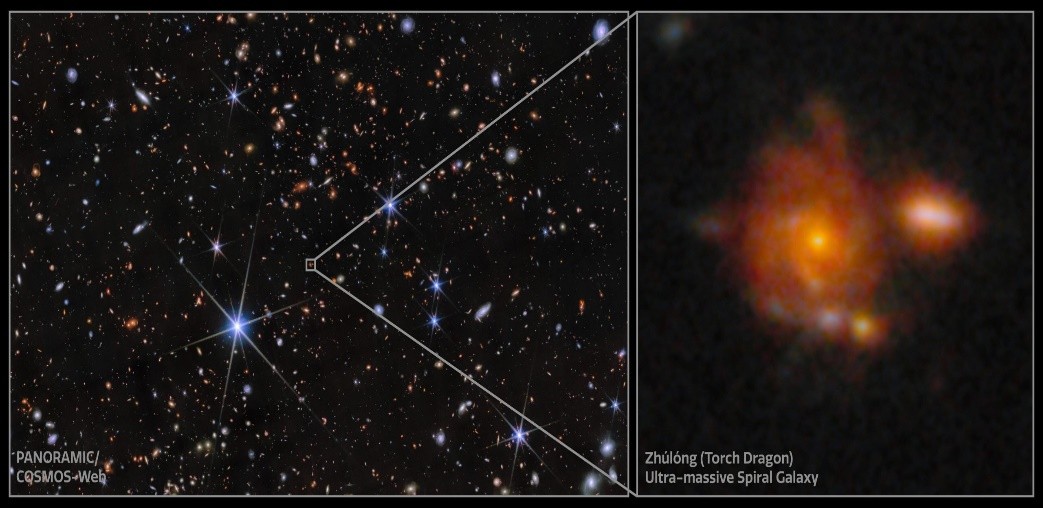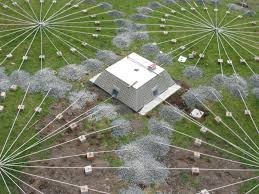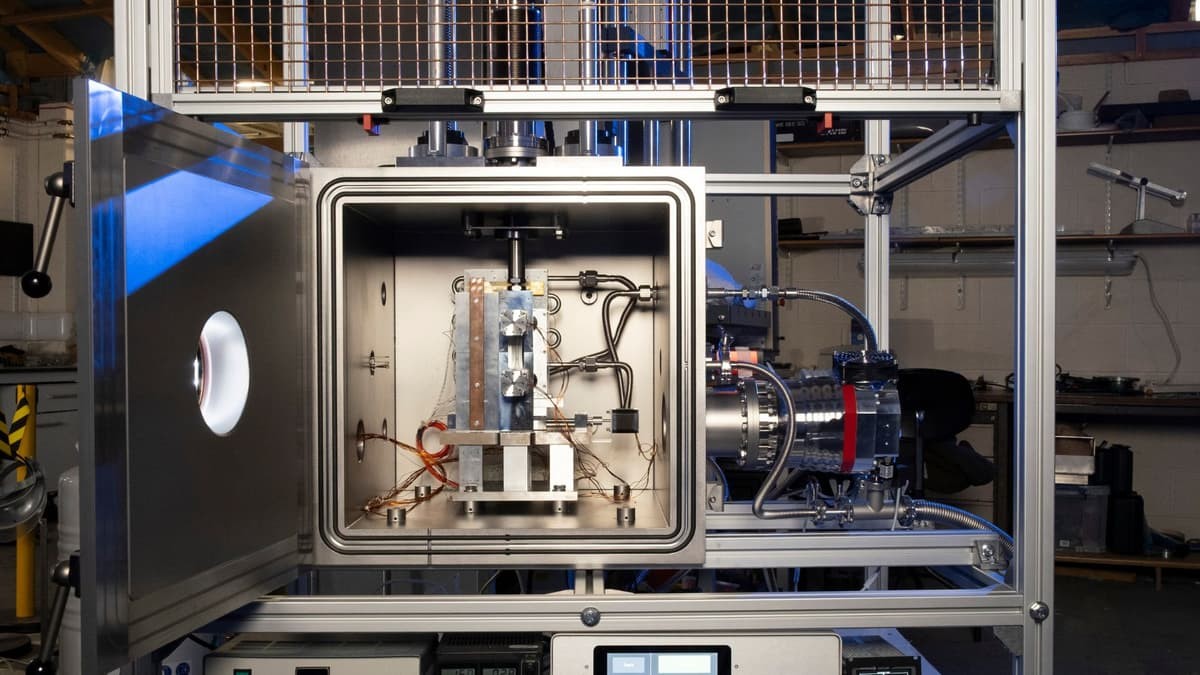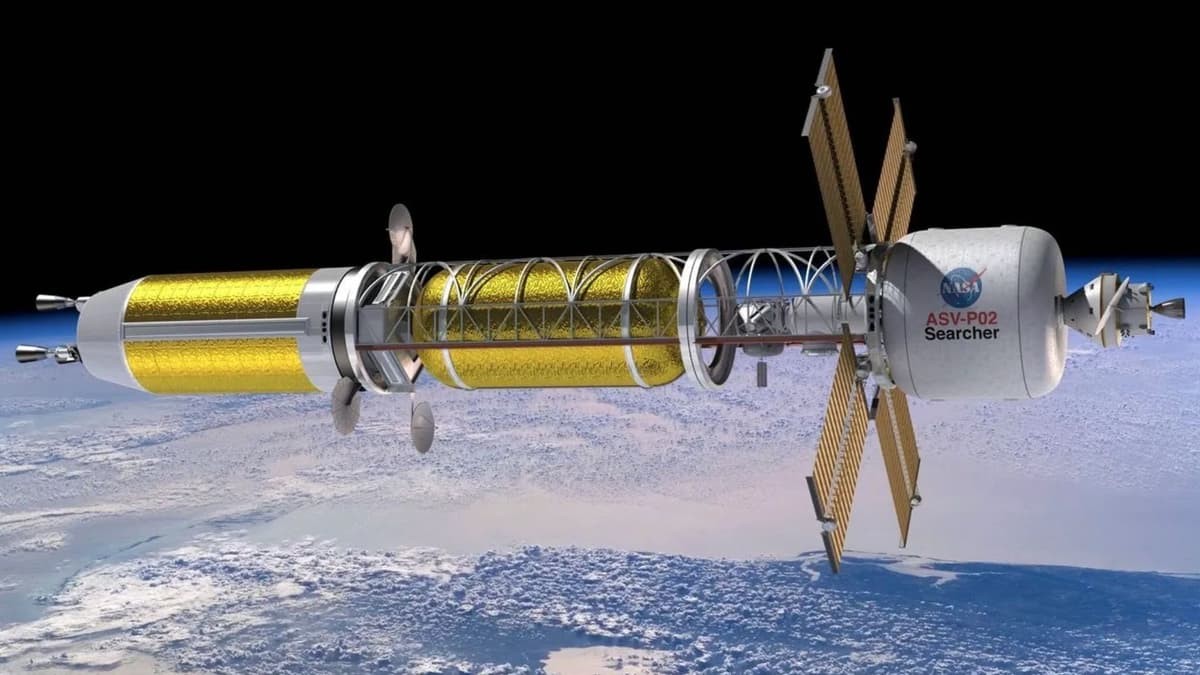This Massive Telescope Fires Lasers into Space – and It’s Incredible
At the Paranal Observatory, the UT4 telescope doesn’t just observe the stars—it creates its own using powerful lasers to counteract atmospheric turbulence.
Equipped with an advanced adaptive optics system, UT4 produces exceptionally sharp ground-based images that rival those captured in space.
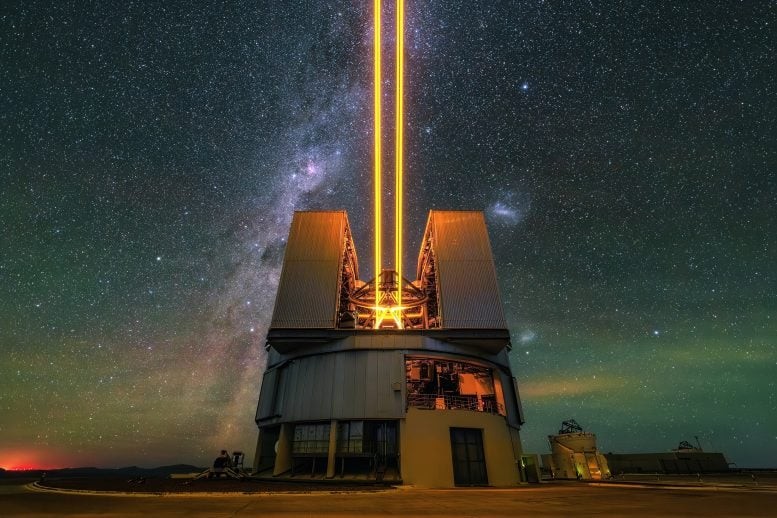
Figure 1.UT4 at Paranal Observatory shoots lasers into the sky.
A Stunning View at Paranal
This breathtaking image showcases UT4, one of the four 8-meter telescopes that make up ESO’s Very Large Telescope (VLT) at Paranal Observatory. Unlike a typical telescope, UT4 actively projects four brilliant laser beams into the night sky.
Laser-Created Stars
The lasers are part of the 4 Laser Guide Star Facility (4LGSF), which enables UT4 to create artificial stars high in the atmosphere. By exciting sodium atoms 90 kilometers above the Earth’s surface, the lasers make them glow brightly. These glowing points act as "guide stars," helping the telescope detect atmospheric distortions that cause natural stars to twinkle.
Perfecting the View
To correct for this atmospheric turbulence, UT4 uses its adaptive optics system. This system dynamically adjusts the telescope’s secondary mirror to counteract the blurring effects of the atmosphere, allowing it to capture images with near-space clarity.
A Glimpse into the Future
Soon, each of the other three VLT telescopes will have its own laser. This upgrade is part of the VLT Interferometer enhancements, which combine the light from multiple telescopes to form a massive “virtual” telescope. Additionally, the upcoming Extremely Large Telescope (ELT), being built near Paranal, will feature at least six lasers to deliver the sharpest ground-based images ever.
Reference:
- https://scitechdaily.com/this-giant-telescope-shoots-lasers-into-space-and-its-brilliant/
Cite this article:
Keerthana S (2025), This Massive Telescope Fires Lasers into Space – and It’s Incredible, AnaTechMaz, pp.379



